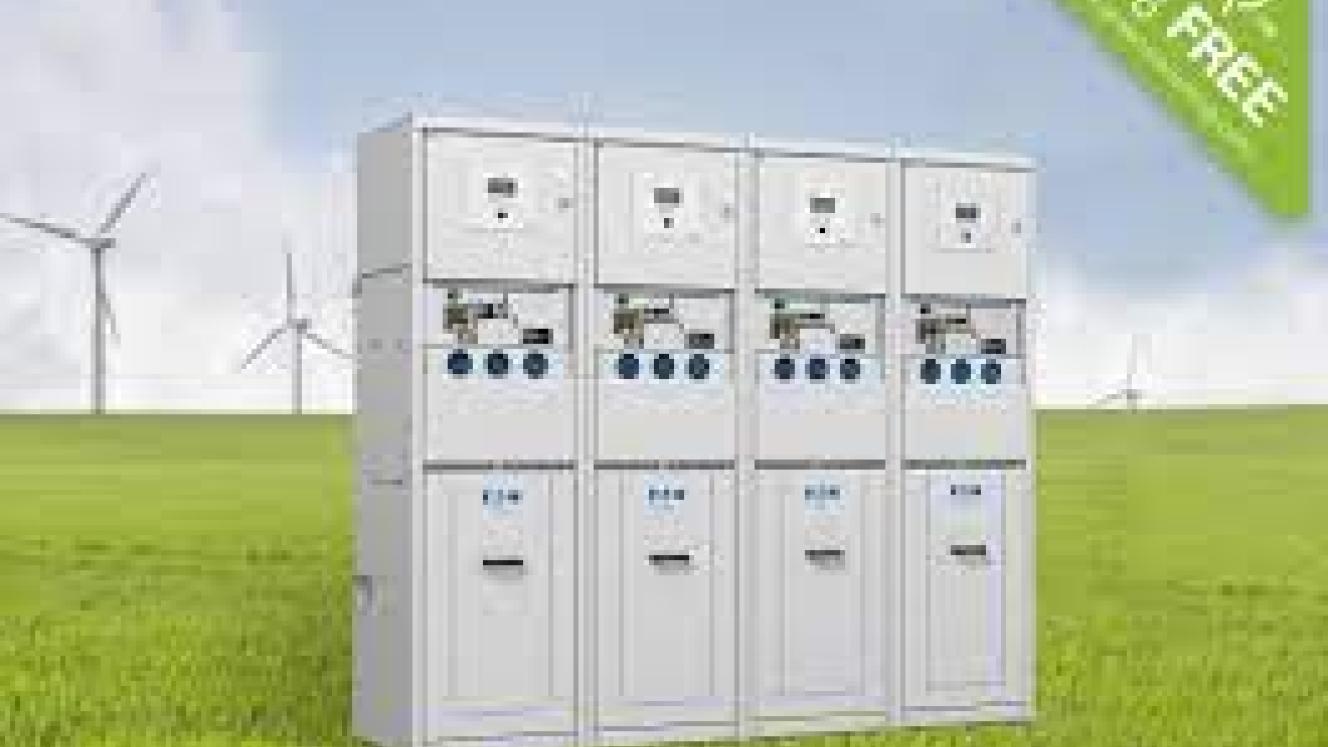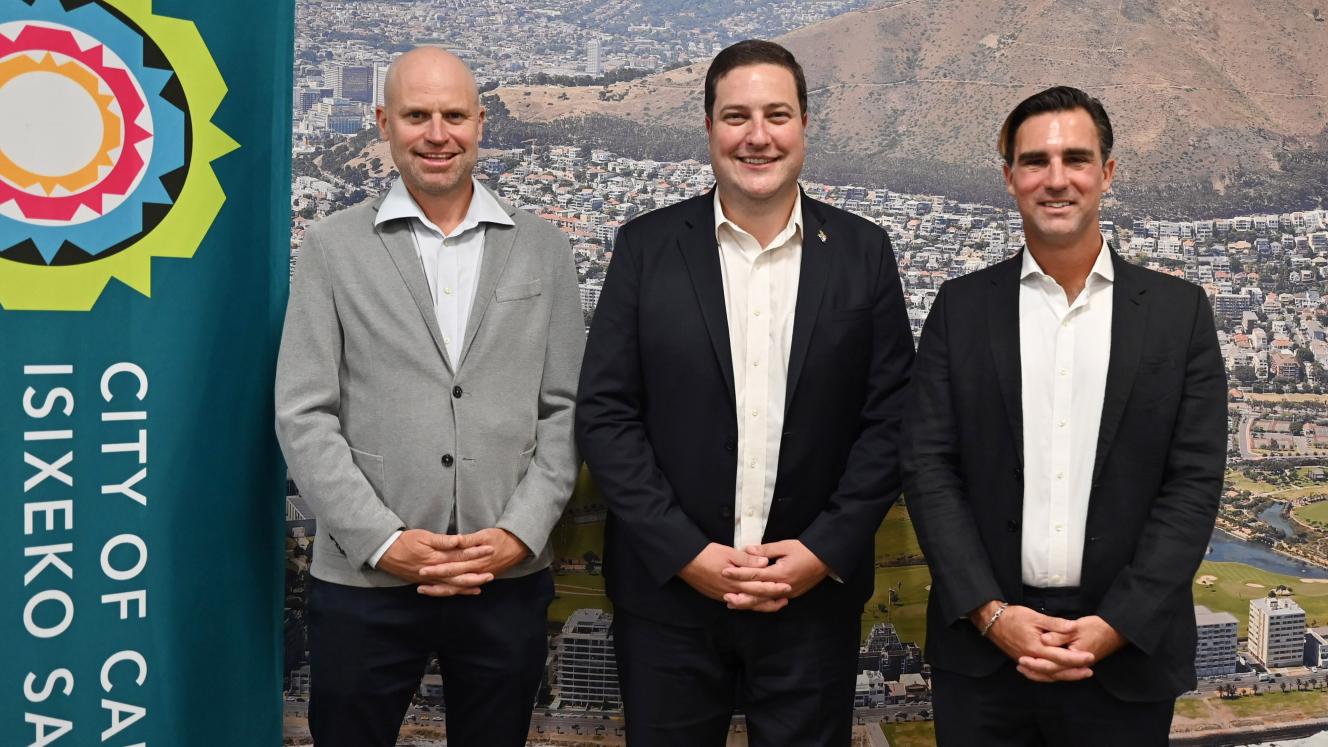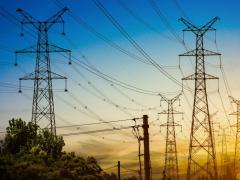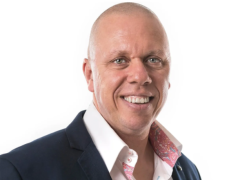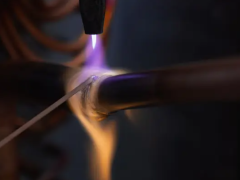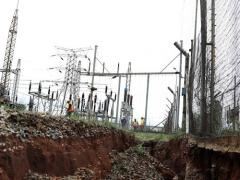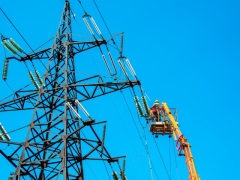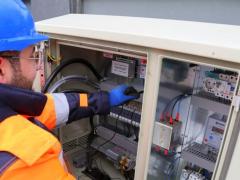by Marcel Buckner, Eaton Africa
The global energy industry is undergoing a massive transformation driven by renewables. Along with solar, wind, storage and other technologies, the internet of things is helping to drive this transformation. It is changing nearly every part of the industry from generation to transmission and distribution, and transforming how energy companies and customers interact.
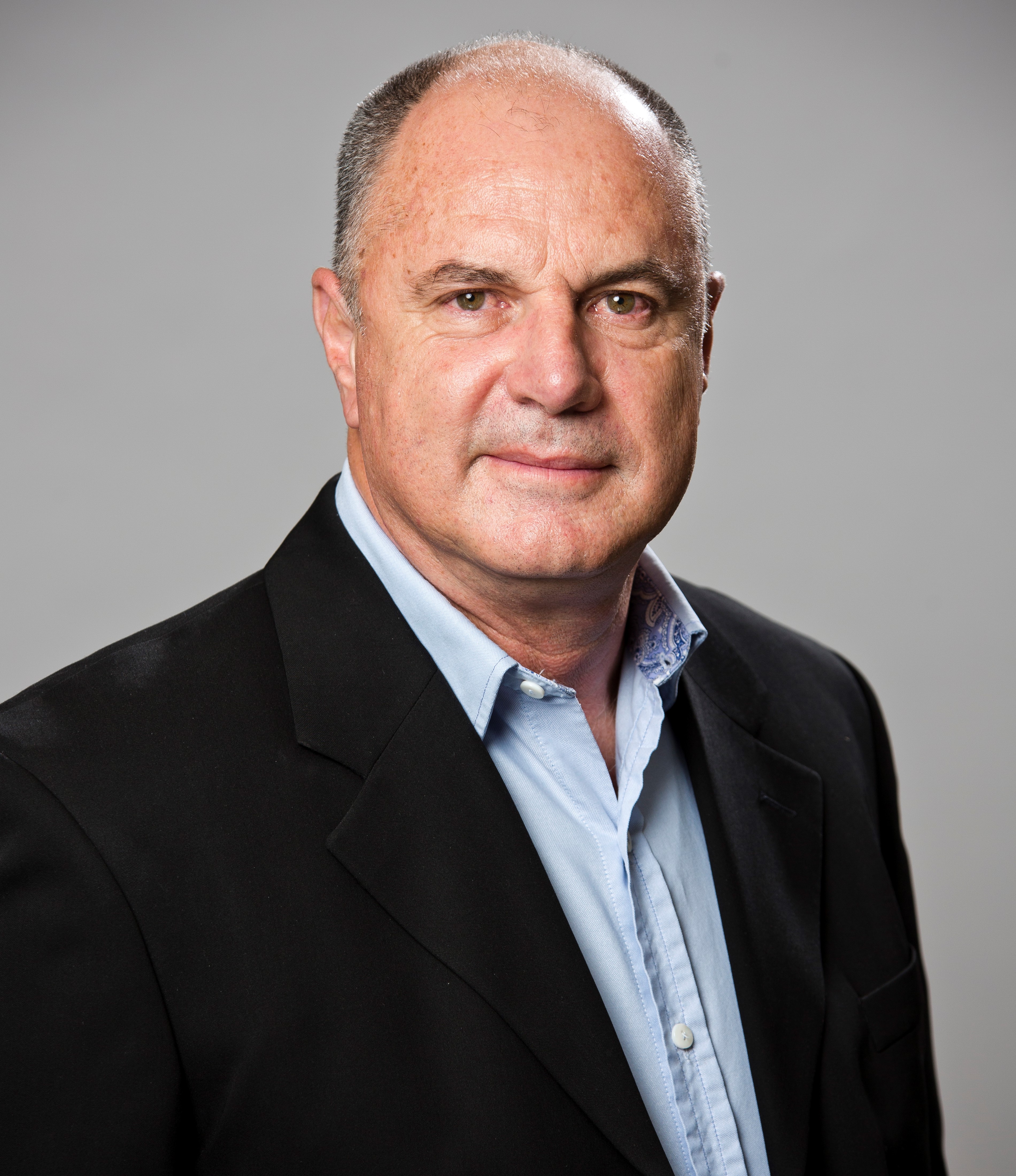
In South Africa, renewable energy makes up a very small part of the country’s energy mix. This needs to be improved as the country’s reliance on coal is still very high. However, fossil fuel-based electricity generation is not the only aspect of the energy industry with negative impacts on the environment.
South Africa’s greenhouse gas emissions are among the highest in the world and its absolute carbon dioxide (CO2) emissions rank among the top twenty countries in terms of environmental damage. Government recently announced a draft climate plan that proposes deepening its CO2 emissions cut by almost a third in 2030. This cuts emissions by 28% when compared with its 2015 pledge, which capped annual emissions at 614 MtCO2.
Usage of the SF6 gas in electrical switchgear has also been one of the most debated points linking to the rise of sulphur hexafluoride emissions. As with the evolution of any technology, alternatives of SF6 have been introduced in the last few years, subsequently leading an era of “green switchgear”.
A report released by the European Commission on the replacement of SF6 gas in switchgear demonstrates that SF6-free technologies are the future for the energy industry. Amid climate change, energy leaders are coming to one common denominator: the only long-term solution that the energy industry must eventually adopt is the one that best coexists with the environment. The SF6 gas has been an accepted solution for many years now but based on the market and policy adjustments, it is only a matter of time before SF6-based technologies are replaced by greenhouse gas-free alternatives.
As a company committed to solving the world’s toughest power challenges, Eaton has been pioneering the production of compact, SF6-free, medium voltage switchgear since the 1960s. The power management company made the decision to insulate its medium-voltage switchgear products with vacuum technology, instead of greenhouse gas sulphur hexafluoride (SF6).
Given the various advantages and the fact that the use of vacuum does not have any adverse impact on the environment, the deployment of vacuum switchgear at higher voltages will be inevitable in times to come and further research is under way for its development.
Moreover, as the pace of renewable energy integration increases and there is widespread adoption of smart grid technologies, utilities would be required to increase the deployment of intelligent switchgear or to undertake modifications to transform the existing switchgear modules into smart switchgear as the availability of real-time data is critical.
For more information visit www.eaton.com
